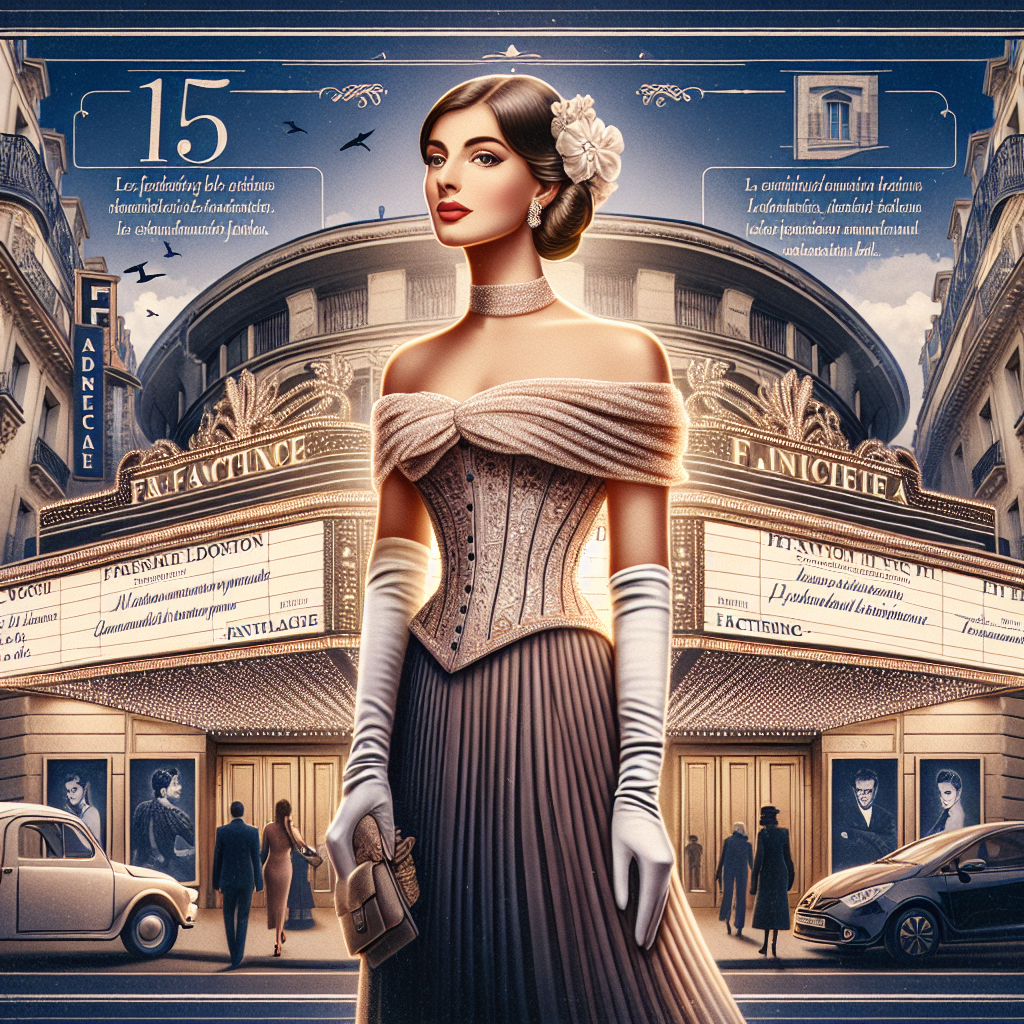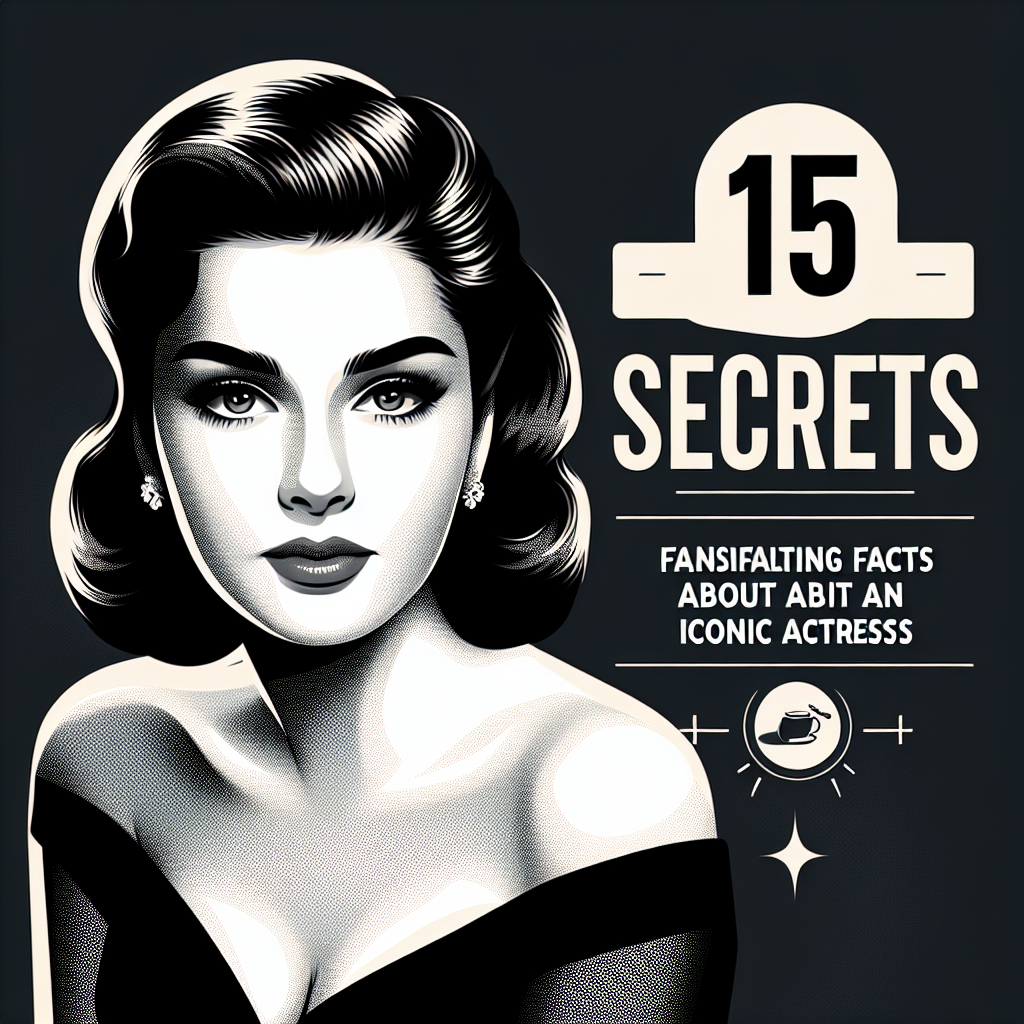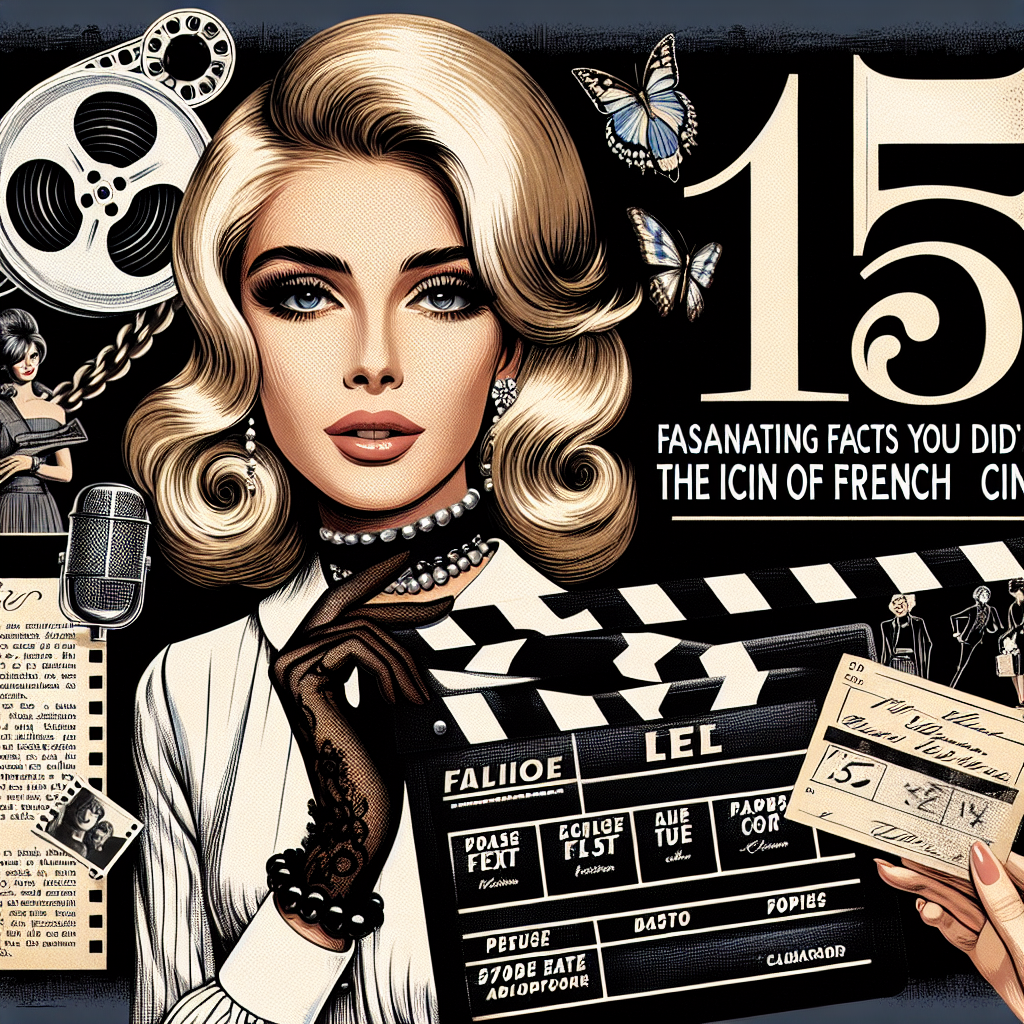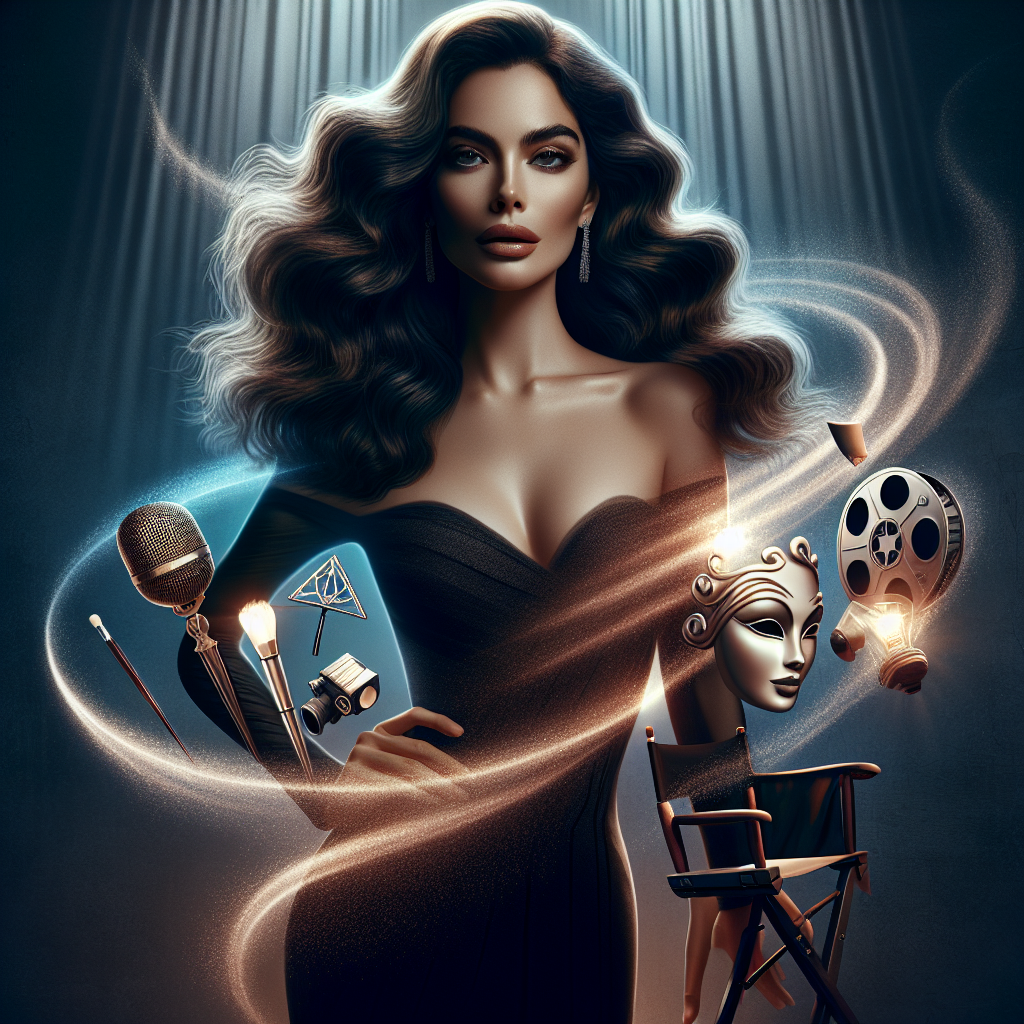Isabelle Huppert is one of the most celebrated actresses in contemporary cinema, known for her range and ability to portray complicated characters with depth and nuance. With a career spanning over five decades, Huppert’s contributions to film have cemented her status as a leading figure in the world of acting. While many may know her for her iconic roles, there is much more to explore about this remarkable talent. Here are 15 fascinating facts about Isabelle Huppert that highlight her life, career, and incredible achievements.
1. Early Life and Education
Isabelle Anne Huppert was born on March 16, 1953, in Valleiry, France. She has three siblings, and her mother was a well-regarded acting teacher who significantly influenced her career choice. Huppert attended the Conservatoire national supérieur d’art dramatique (National Conservatory of Dramatic Art), where she honed her craft in acting. Her educational background laid a solid foundation for her skill in the arts, showcasing her commitment to her profession from a young age.
2. Debut Appearance
Huppert made her film debut at the age of 18 in the 1971 film "Le Boucher," directed by Claude Chabrol. Her performance garnered attention, establishing her as a promising young actress. This was the start of a long and prolific collaboration with Chabrol, who would become a mentor figure in her career.
3. Collaboration with Renowned Directors
Throughout her career, Huppert has collaborated with some of the most acclaimed directors in the film industry. From Louis Malle to Michael Haneke, her work with these visionaries has always showcased her remarkable versatility. One of her most notable collaborations was with Haneke in the film "Elle," which earned her numerous accolades, including an Academy Award nomination for Best Actress.
4. International Recognition
Though she initially gained fame in French cinema, Huppert’s talent has transcended borders. She has appeared in numerous international films, including English-language productions. Her ability to slip into diverse roles has made her a celebrated figure in global cinema, contributing significantly to her international acclaim.
5. Diversity of Roles
One of the remarkable aspects of Huppert’s career is her commitment to diverse and challenging roles. Whether portraying a passionate lover, a cold-hearted antagonist, or an anti-heroine, she never shies away from complexity. Her characters often embody strength and vulnerability, reflecting profound psychological depth.
6. Awards and Nominations
Huppert has received a plethora of awards, acknowledging her exceptional talent and contribution to the film industry. She has won two César Awards for Best Actress, multiple international awards, and a Golden Globe nomination. Her victory at the Cannes Film Festival in 1978 for "The Lacemaker" is just the beginning of her illustrious accolades.
7. Theatrical Acclaim
In addition to her film career, Huppert is a highly respected stage actress. She has performed in various theatrical productions, including plays by renowned playwrights such as Jean-Luc Lagarce, Franz Kafka, and Eugene Ionesco. Her theater work showcases her strong foundations in acting, allowing her the flexibility to transition seamlessly between stage and screen.
8. Distinctive Acting Style
Huppert is often associated with a unique acting style that combines subtlety and intensity. She is known for her minimalist approach, eschewing overt emotional displays in favor of more subdued performances. This distinctive style allows her characters to resonate with audiences profoundly, leaving a lasting impact without the need for grand gestures.
9. Cinematographic Contributions
Not only has Huppert made a name for herself as an actress, but she has also ventured into producing and co-producing films. This multifaceted involvement in the cinema industry highlights her passion and commitment to storytelling, allowing her to contribute from multiple angles and foster new creative projects in the industry.
10. Political Activism
Huppert is known for her outspoken opinions on various social and political issues. She has actively supported campaigns for women’s rights, freedom of expression, and artistic freedom. Her involvement in activism shows how she uses her platform as a public figure to influence critical discussions in society.
11. Cannes Film Festival Jury Member
Huppert has been a significant presence at the Cannes Film Festival, not just as a competitor but also as a jury member. She has served on the jury multiple times, bringing her extensive experience and insight into the judging process. Her contributions to Cannes add another layer to her already esteemed career, as she continues to foster new talent in the film industry.
12. Recognition from Film Institutions
The French Ministry of Culture awarded Huppert the title of Officier de la Légion d’honneur in 2015, one of the highest distinctions in France. This accolade emphasizes her significant contributions to the arts and her status within the cultural landscape of the country.
13. Personal Life
Huppert is known for maintaining a relatively private personal life, focusing mostly on her professional endeavors. She is the mother of three children and has been recognized for her ability to balance her successful acting career while being a dedicated parent. Despite her fame, she often remains grounded and retains her humble beginnings.
14. Selective Choice of Roles
One of the hallmarks of Huppert’s career is her selectivity in choosing roles. She is known for turning down projects that do not resonate with her values or interests. This selectivity has allowed her to maintain a high level of quality in her performances and proves her dedication to the characters she portrays.
15. Cultural Impact
Huppert’s influence extends beyond the screen; she has become an iconic figure in cinema. Her work has inspired countless actors and filmmakers worldwide. She often represents the complexities of femininity and the societal pressures that women face, challenging traditional narratives in film. As a result, Huppert’s legacy will continue to shape future generations of artists in the industry.
FAQs
1. What is Isabelle Huppert’s most famous film?
While Isabelle Huppert has starred in many acclaimed films, her role in "Elle" (2016) is often cited as one of her most notable performances, earning her numerous awards and nominations, including an Academy Award nod.
2. How many awards has Isabelle Huppert won?
Isabelle Huppert has won numerous awards throughout her career, including two César Awards for Best Actress and a Best Actress award at the Cannes Film Festival.
3. What is Isabelle Huppert’s acting style characterized by?
Huppert’s acting style is characterized by subtlety, intensity, and a minimalist approach, allowing her characters’ emotions and complexities to resonate deeply with audiences.
4. Is Isabelle Huppert involved in theater?
Yes, alongside her successful film career, Isabelle Huppert is also a highly respected stage actress, having performed in various theatrical productions throughout her career.
5. Has Isabelle Huppert been recognized by the French government?
Yes, in 2015, Huppert was honored with the title of Officier de la Légion d’honneur, one of the highest awards in France, celebrating her significant contributions to the arts.
6. What are some of Isabelle Huppert’s collaborations with major directors?
Huppert has worked with renowned directors including Claude Chabrol, Michael Haneke, and Louis Malle, showcasing her remarkable range and versatility across different genres and styles.
7. How does Huppert choose her roles?
Isabelle Huppert is known for her selective approach in choosing roles, often turning down projects that do not resonate with her values or interests to maintain the quality of her performances.
Conclusion
Isabelle Huppert’s career is a testament to her incredible talent and fearless approach to acting. From her beginnings in French cinema to her international acclaim, she has continually pushed boundaries and coalesced audiences through her performances. Huppert embodies the transformative power of cinema, reflecting the complexity of human experience and challenging societal norms. As audiences and industry professionals alike continue to celebrate her contributions, Huppert’s legacy remains a vital part of cinematic history.














Leave a Reply